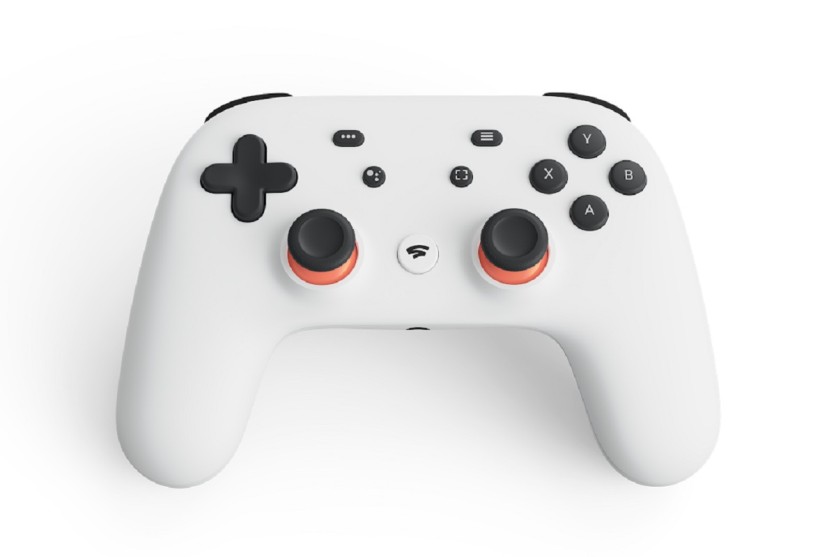
Google Stadia, Google's upcoming cloud-based game streaming service, will have less lag than its PC or home console counterparts.
As cloud-based gaming ventures further into the widespread discussion, players who care about performance grow more worried about Stadia's potential hiccups, being that it streams games instead of loading them locally.
But they don't have anything to worry about, according to Google. Apparently, Stadia will be faster and more responsive than local gaming systems in "a year or two," according to VP of engineering Madj Bakar.
Negative Latency
PCGamesN reports that Google will rely on precog trickery to achieve what it calls "negative latency," which in turn will make Stadia faster than gaming systems of the near future, no matter how powerful they may become.
How? Bakar says Google will take advantage of advancements in modeling and machine learning to achieve the latency performance in question.
"Ultimately, we think in a year or two we'll have games that are running faster and feel more responsive in the cloud than they do locally," Bakar says, "regardless of how powerful the local machine is."
Negative latency will be achieved using Google's technology, which the company believes is capable of acting as a workaround for any potential lag cloud gaming might bring between servers and players. It will predict what a user is going to press, or what action they'll likely do next, and render it in the background in case the user does make those predicted decisions.
Guesswork
Put more simply, Stadia will prevent lag through guessing at what a player might do next and rendering whatever is needed before they even act. It might sound daunting on paper, but it's a clever solution, as negative latency, powered by Google's massive data centers, may set the course for future cloud gaming systems in terms of flexibility — all that just by anticipating the likely actions of a player. Whether or not the player takes the predicted action still depends on local input.
This mechanic is possible only because of the cloud, which affords Stadia a massive resource of power at the ready, the likes of which is impossible on any local system. All these sound impressive — in theory. Google will need to demonstrate a negative latency. Right now, it's all talk and no walk, but it's hard to deny how exciting this is, especially since it could be hinting at what the future of cloud gaming might look like.
Make sure to check back with Tech Times as we learn more.
ⓒ 2026 TECHTIMES.com All rights reserved. Do not reproduce without permission.




